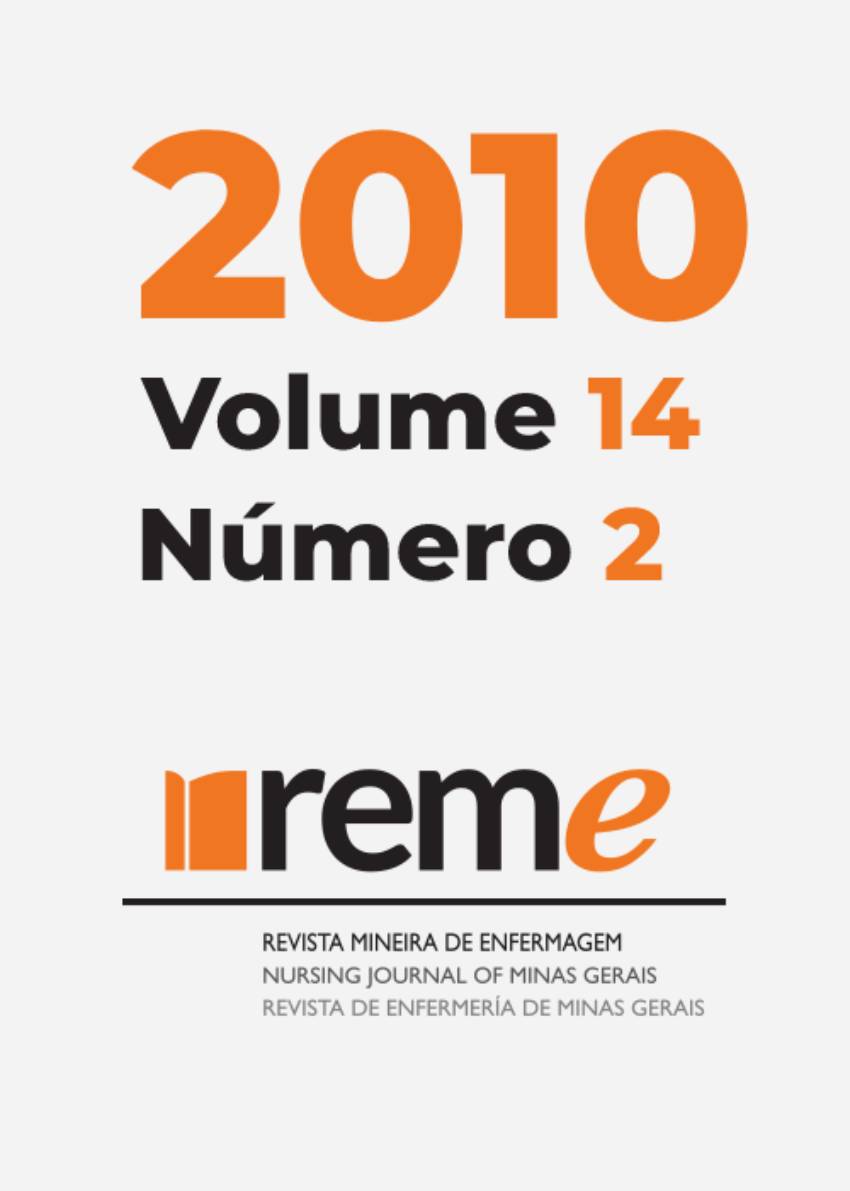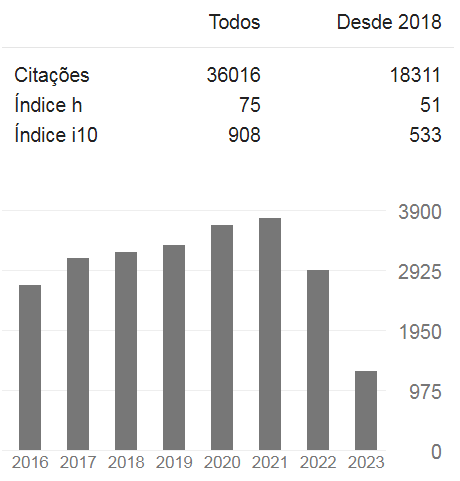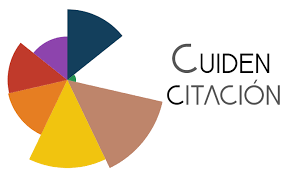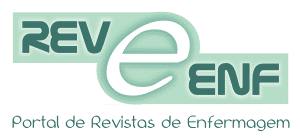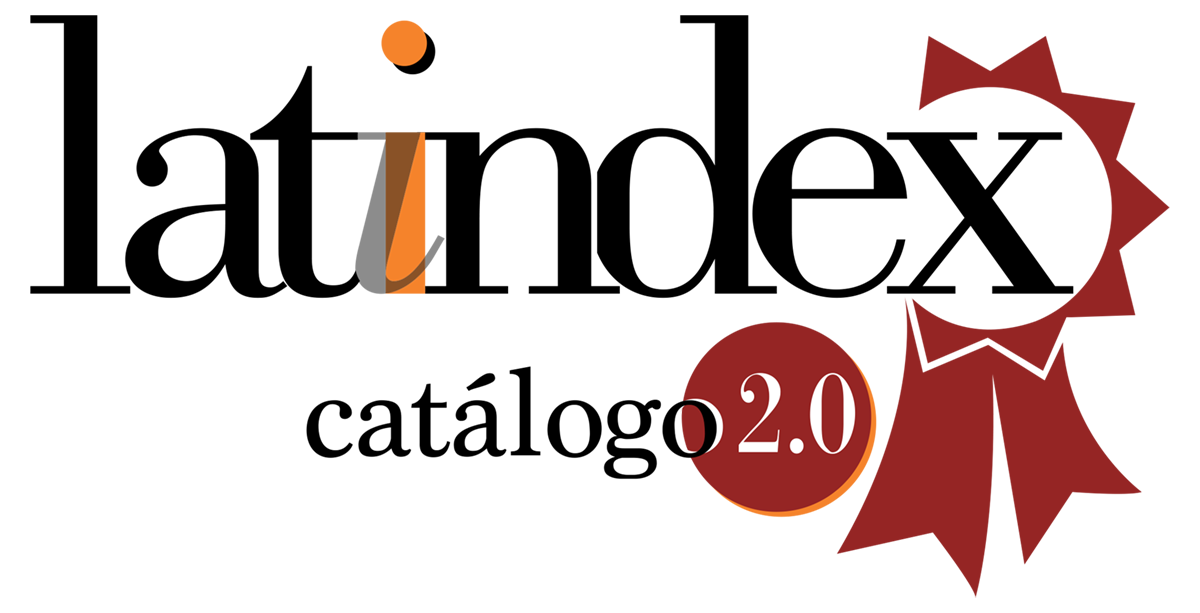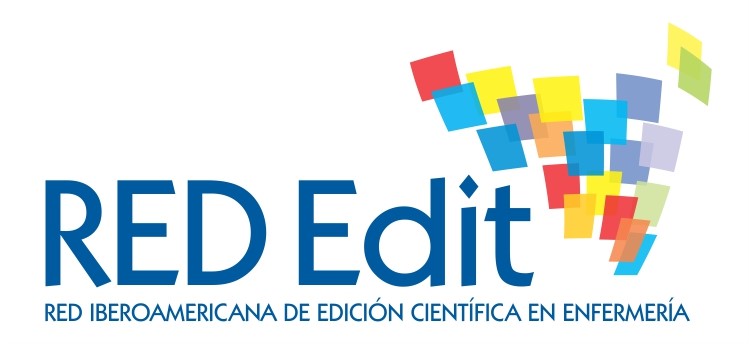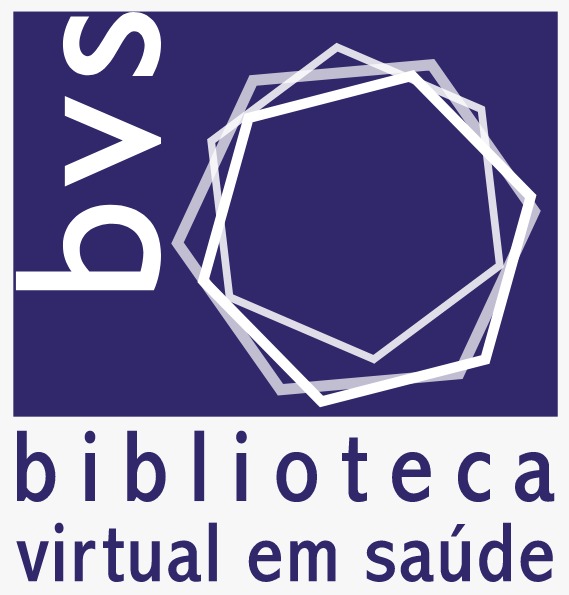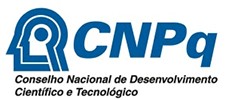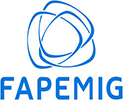Maternal experience with a premature child: thinking about the difficulties of this care
Keywords:
Premature Birth, Low-Weight Newborn, Maternal Behavior, Qualitative Research, Information TechnologyAbstract
This is a qualitative study that analyses a focus group formed by 28 women and their experiences with a premature newborn during hospitalization in a neonatal intensive care unit (NICU) and in the first days after hospital discharge. The reports were submitted to the software ALCESTE, which enabled to understand the perceptions, feelings and difficulties faced by mothers during their child's hospitalization in the NICU and in discharge follow-up. The analysis demonstrated the relationship between these moments and especially the flaws in the communication process between the mothers and the health team. The findings suggest that prematurity must be treated as a phenomenon requires attention for the entire family and above all for the mother, by favoring strategies to confront this reality from the moment of delivery, during hospitalization of the child in the NICU and later, in the domiciliary follow-upDownloads
Download data is not yet available.
Published
2010-06-01
How to Cite
1.
Souza NL de, Araujo ACPF, Costa Íris do CC, Medeiros Junior A, Accioly Junior H. Maternal experience with a premature child: thinking about the difficulties of this care. REME Rev Min Enferm. [Internet]. 2010 Jun. 1 [cited 2024 Jun. 30];14(2). Available from: https://periodicos.ufmg.br/index.php/reme/article/view/50476
Issue
Section
Research

